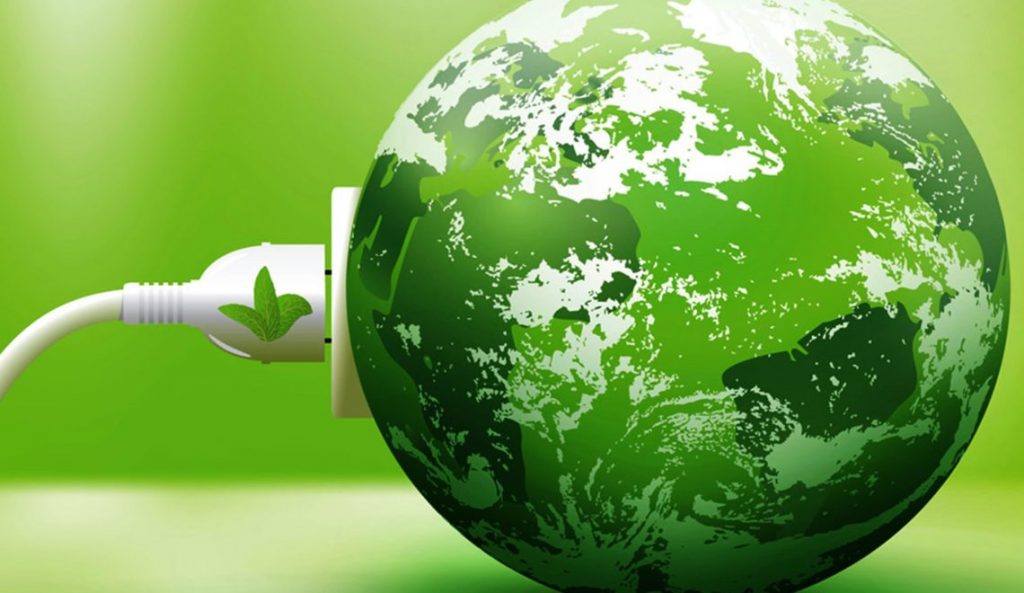A consortium of 23 organisations led by UK-based chemicals giant Ineos and Wintershall Dea, is behind Project Greensand which demonstrated for the first time the feasibility of CO2 storage from being captured at an Ineios Oxide site in Belgium, to being transported cross-border and permanently stored offshore.
Hailed as a “big moment for Europe’s green transition” the Danish carbon capture and storage project has marked its first injection of CO2 into a depleted oil field in the Danish North Sea.
Project Greensand ranks among the most advanced CCS projects in the EU where the entire carbon capture and storage value chain will be implemented across borders.
By early April 2023, residual emissions from a Belgian industrial plant, collectively representing up to 15,000 tonnes of CO2, will be stored during the ongoing demonstration phase. The depleted Nini West oil field in the Danish North Sea will serve as a storage site for the CO2. By 2025/2026, 1.5m tonnes of CO2 could be stored per year as part of project. In the final expansion phase, scheduled to begin in 2030, plans call for storing up to 8m tonnes of CO2 each year, more than 13% of the total annual emissions of Denmark.
Crown Prince Frederik of Denmark officially initiated the event in Esbjerg. The Danish government is supporting the project with a total of €26m in public funding.
Tags: CCS Projects, CO2 Storage, Greensand, Offshore



Recent Posts
Wärtsilä to Power USA’s First All-Electric High-Speed Ferries in San Francisco Bay
ABS and Pusan National University Chart a Course for Liquid Hydrogen Shipping
RIC Energy and Siemens Partner to Advance Green Hydrogen and E-Fuels Projects in Spain
Moeve to Supply 40,000 Tons of 2G Marine Biofuel to Grupo Armas Trasmediterránea in Canary Islands
Smart Green Shipping Completes Successful Sea Trials of Wind-Assisted Propulsion System
CMA CGM Unveils Vietnam’s First Fully Electric River Barge in Collaboration with NIKE
Vietnam and France Join Forces to Explore Green Hydrogen for Remote Islands
Port of Rotterdam Tests Electric Hydrofoil Vessel in Push for Sustainable Operations